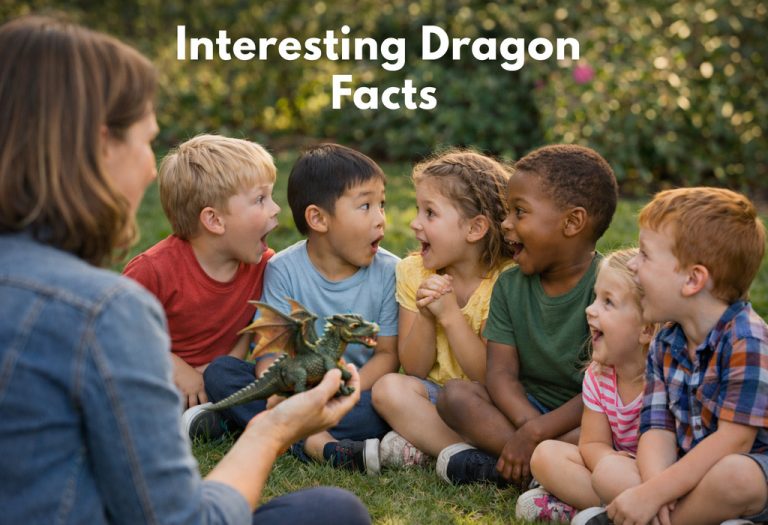Growth Spurts in Infants

- What Is a Growth Spurt in a Baby?
- When Do Infants Have Growth Spurts?
- How Long Do Growth Spurts Last?
- What Happens During Growth Spurts?
- Is There a Difference Between Growth Spurts and Feeding Spurts?
- Signs of Growth Spurts in Infants
- Tips to Deal With Infant Growth Spurts
- How to Tell if Your Baby’s Growth Is on Track?
- FAQs
After following a pattern for sleeping and feeding your baby for a few weeks, you may notice a sudden change in your baby’s feeding requirements. Your baby may want to feed more often and sleep for longer periods. This may quite obviously alter your regular patterns, but there is nothing to worry about. Your baby’s requirements suddenly shift because he’s going through a growth spurt. Baby growth spurts are one of those inevitable milestones that can leave parents both amazed and bewildered. In this article, we’ll tell you the telltale signs of newborn growth spurts and share tips to handle these intense yet temporary phases with confidence and care.
What Is a Growth Spurt in a Baby?
Your baby will grow about three times his size at birth by the time it’s his first birthday. This usually does not happen gradually, but rather, at specific intervals, almost over a couple of days. This duration when the baby is going through rapid growth is called a growth spurt (5).
When Do Infants Have Growth Spurts?
Growth spurt ages in babies typically occur around the first year, starting about the 2nd week and subsequently during the 3rd, 6th and 9th weeks. These are followed by growth spurts at three, six, and nine months. However, not all babies need to follow this pattern, especially premature babies who may be developing differently than their peers anyway (1) (3).
How Long Do Growth Spurts Last?
Each growth spurt in a baby lasts only for a few days. When they are younger, the growth spurt can last for a day. As they grow older, they may last a little longer – for several days, and sometimes up to a week as well (3).
What Happens During Growth Spurts?

During a growth spurt, your baby’s weight, height, and circumference of his head increases. It is possible that your baby outgrows his clothes almost overnight. Your baby may also be irritable and fussy during this period.
Is There a Difference Between Growth Spurts and Feeding Spurts?
Although both growth spurts and feeding spurts can make your baby demand more food, they are not necessarily the same. A feeding spurt is when your baby is hungrier than usual, and it does not constitute rapid growth within a few days.
Signs of Growth Spurts in Infants
Sudden and noticeable changes in behaviour and needs mark the newborn first growth spurt. During these phases, babies may seem hungrier than usual, sleep patterns can shift, and they might become fussier or more clingy. Here are a few common signs of a growth spurt in newborns (3).
1. Increase in Appetite
Immediately before and after the growth spurt, your baby may seem more hungry than usual. For a breastfed baby, growth spurts can mean longer breastfeeding sessions and shorter intervals between feeds each day. A formula-fed baby may seem hungry even after a feeding session. Ensure that you satiate your baby’s hunger with frequent or long feeding sessions during this time as his growing body will demand more food (2).
2. Change in Sleep Patterns
During a growth spurt, your child will be sleeping more than usual or have a different sleeping pattern. This is mostly because a good duration of sleep is necessary to facilitate growth (4). While your baby is sleeping, the brain signals the pituitary gland to produce HGH or the Human Growth Hormone, which is responsible for growth in infants and children.

Studies show that a baby may sleep up to four and a half hours more than usual. However, some babies also seem to sleep less or take shorter naps. They may also be waking up more often at night.
3. Behavioural Changes
Certain changes in your baby’s behaviour, like irritability or neediness, may also be noticed during a growth spurt. He may want to be held all the time or may seem unsettled and cry quite often.
Although it has not been found out why these changes take place, most experts have suggested that it may be because of all the energy that your baby needs to put into feeding and to grow, which may make him tired and may be overwhelming for his little self to bear.
It is also believed that your baby may see a developmental leap, which means that he may learn a new skill like crawling, rolling over or smiling during this period. This may happen during a growth spurt or can come about at any other time as well.
Tips to Deal With Infant Growth Spurts

If your baby is going through a growth spurt, it can be exhausting for you as well, especially if you are breastfeeding your baby. Hence, it may be useful to keep a few tips in mind during this phase (5).
- Drink plenty of water. Your baby’s breast milk needs might be draining your body of fluids! To keep your baby well-fed, you need to be well-hydrated too.
- Your breasts produce milk based on a demand and supply equation. If your baby is breastfeeding more, you will be producing more milk. So, it may be wise not to supplement your baby’s breast milk with formula, to ensure a continued supply of milk.
- Your baby will want to feed very often and stay close to you all the time. At this point, you can consider using a sling to carry your baby around.
- Your body will take a day or two to match up to your baby’s feeding needs. In case you don’t produce enough milk for over a week, then it is wise to consult a doctor, as it may be due to low milk supply.
- Eat and drink at regular intervals and if possible, get help for chores around the house. Your body may get exhausted due to a frequent feeding pattern.
Your baby’s behaviour and changes in feeding and sleeping patterns can confuse you, and it’s also easy to mistake these signs for a growth spurt, while they may be actually indicating something else. Changes in a baby’s routine or environment, teething, and minor illnesses can also contribute to a sudden change in your baby’s behaviour or regular patterns. If you see that your baby is extremely irritated, restless, and seems to go on this way for a while, it’s best that you consult a doctor to rule out any problems.
How to Tell if Your Baby’s Growth Is on Track?
You may want to get your hands on a baby growth chart that shows the ideal measurements for a baby at different weeks or months. The chart indicates measurements of the length, weight and head circumference of your baby at different times during the growth.
FAQs
1. Should I be concerned about overfeeding during a growth spurt?
No, your baby’s hunger signals are natural and temporary during growth spurts. It’s important to feed on demand to meet their nutritional needs.
2. Do growth spurts affect both breastfed and formula-fed babies?
Yes, all babies experience growth spurts, regardless of how they are fed. However, breastfed babies might cluster feed more often, signalling the mother’s body to produce more milk (2).
Growth spurts can be overwhelming for mothers, but with the right care and support, you will be able to sail through this too. Also, growth spurts last for only a few days, so you will be able to go back to your regular schedule soon enough.
References/Resources:
1. Your Child’s Growth; Nemours KidsHealth; https://kidshealth.org/en/parents/childs-growth.html
2. Your Baby’s Growth: 3 Months; Nemours KidsHealth; https://kidshealth.org/en/parents/growth-3mos.html
3. WHAT IS A GROWTH SPURT?; Maryland.gov; https://health.maryland.gov/phpa/wic/Documents/bf_resources/AG_WIC%20Breastfeeding%20Brochures_Feb%2023_GrowthSpurt_Eng_FINAL.pdf
4. Lampl. M, Johnson. M. L; Infant growth in length follows prolonged sleep and increased naps; PubMed Central; https://pmc.ncbi.nlm.nih.gov/articles/PMC3079944/
5. What Are Growth Spurts for Babies?; Breastfeeding Support for Indian Mothers; https://www.bsim.org.in/breastfeeding-information-growth-spurt/
Also Read:
Growth Spurts in Toddlers
Emotional Development in Infants
Major Stages of Child Development
Understanding and Encouraging a Baby’s Development
Physical Development in Infancy (From Birth to 12 Months)
Was This Article Helpful?
Parenting is a huge responsibility, for you as a caregiver, but also for us as a parenting content platform. We understand that and take our responsibility of creating credible content seriously. FirstCry Parenting articles are written and published only after extensive research using factually sound references to deliver quality content that is accurate, validated by experts, and completely reliable. To understand how we go about creating content that is credible, read our editorial policy here.







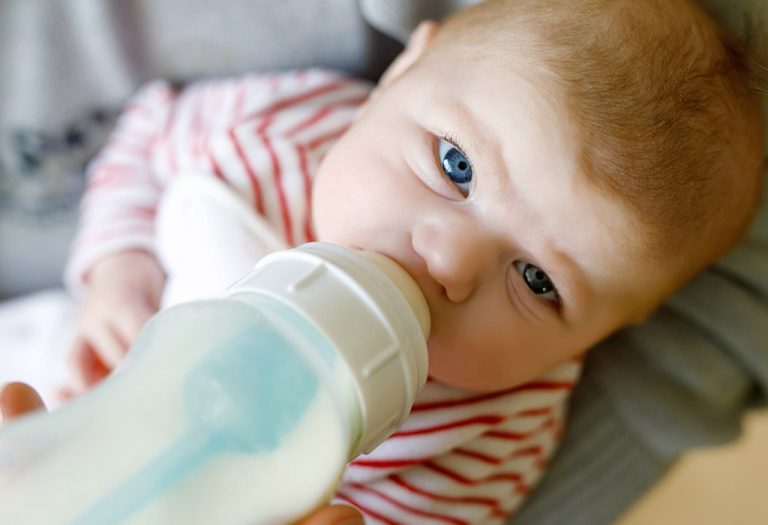

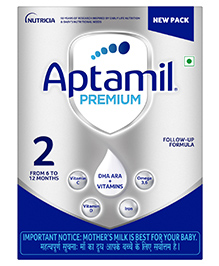






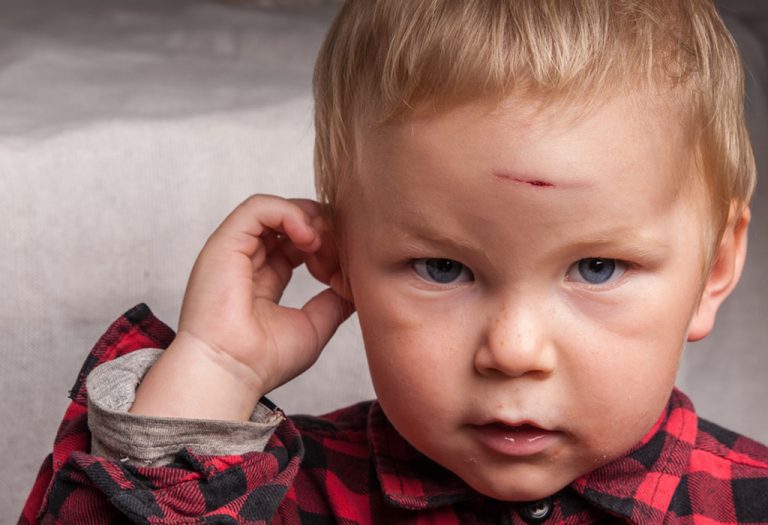
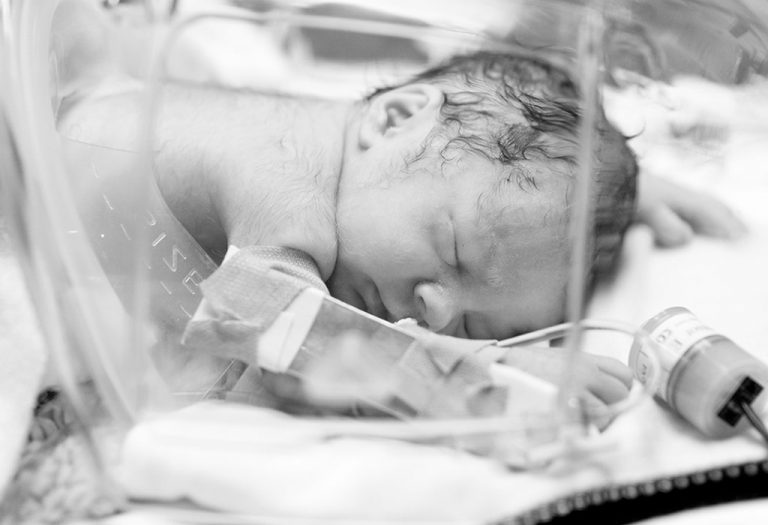
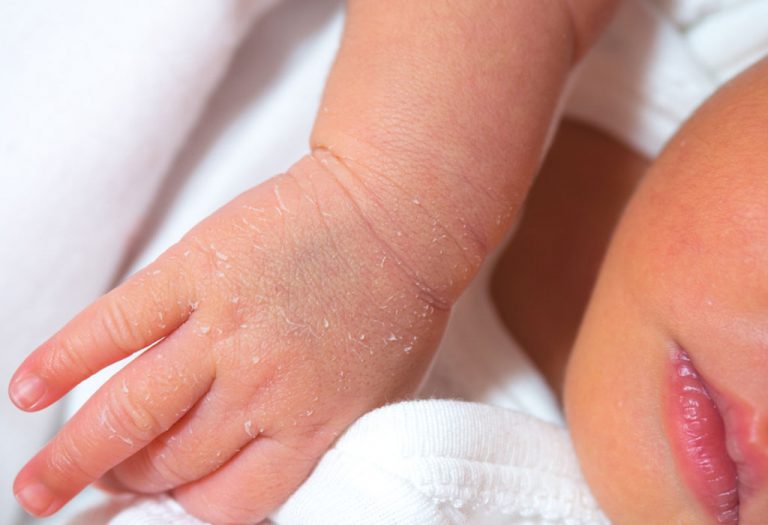
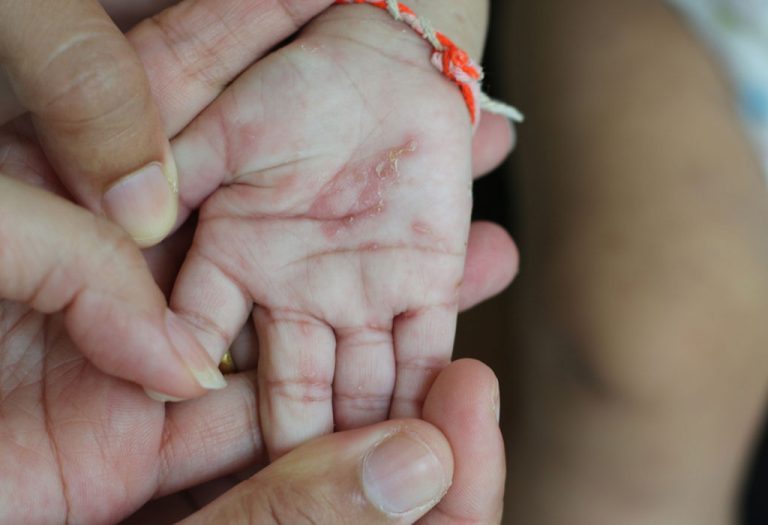
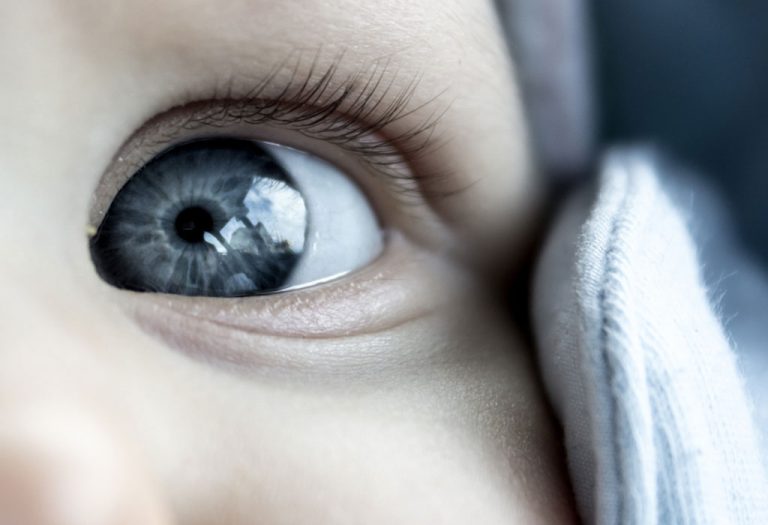
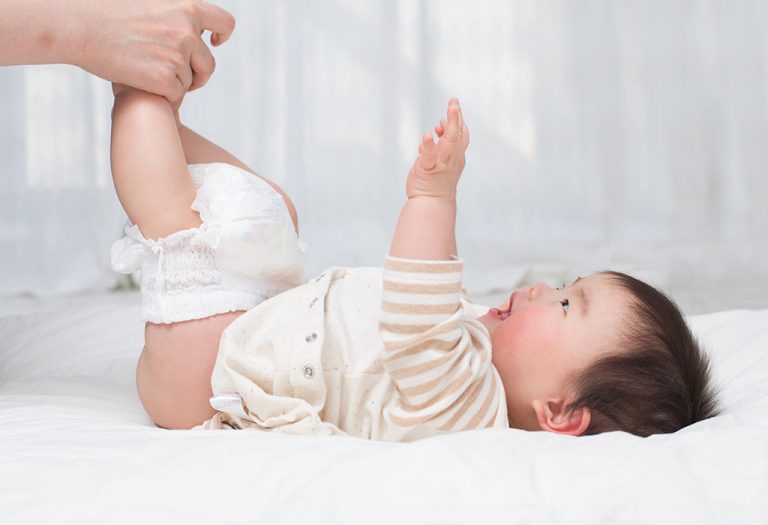

.svg)









